The Month of May is nationally known as Mental Health Awareness Month. While one in five people will suffer from mental illness in their lifetime, all people will face life challenges that have the ability to affect mental health.[1] As Catholics we understand the human person in the fullness of truth. We understand that a human person, while composed of spirit, mind, and body is a personal-unity that is a whole, unified being.[2] This understanding not only includes but encourages care for our mental health needs so that we can flourish as God intended.
But how exactly do we care for our mental health and what are indicators that our mind is in need of healing and care?
What Do Mental Health Professionals Do
A large part of the mental health profession, particularly the field of counseling, is helping individuals bring forth unconscious motivators behind conscious or active behavior. In other words, counseling can help individuals understand the their actions through the hidden emotions or beliefs that are behind them. Cognitive Behavior Therapy, or CBT, is a method of therapy that focuses on just this, by working to reframe thought processes that stem from trauma or maladaptive coping to change one’s behavior.[3] When I began learning about Cognitive Behavioral Therapy as a student of counseling, I was particularly struck by this approach to mental health counseling as it seemed to mirror many interpersonal interactions that occurred between Jesus and those He offered healing to.

Jesus as Counselor
One example of this can be found in John 4 with Jesus and the woman at the well. The story begins with Jesus asking the woman for a simple favor, “Give me a drink (John 4:7).” This seems to illicit a deeply guarded and seemingly offensive response in the woman who says “How can you, a Jew, ask me, a Samaritan woman, for a drink (John 4:9)?” While in this passage Jesus’ actions were culturally deviant (a man talking to a woman; a Jew talking to a Samaritan), imagine asking someone for a drink all to have them reply with a question of their own worth and identity in comparison to yours. This seems to break interpersonal social norms and indicate that someone is deeply wounded as the woman at the well was. As the interaction continues, we begin to learn more about why the woman reacted the way she did through Jesus’ challenging statements which illicit emotional responses from the woman.
Something Deeper
Jesus replies to her initial response to his request by saying, “If you knew the gift of God and who is saying to you, ‘Give me a drink,’ you would have asked him and he would have given you living water.” In this statement Jesus is challenging the woman’s perceptions of reality. Through this challenge, similar to a challenge a counselor might bring to a client to help the client question his or her thinking, the woman comes to reveal a desire in her heart, a motivator for her behavior, to escape her need to come to the well. At this we see the beginnings of a shift in the woman’s questioning of Jesus.
She begins to question how she can receive the living water that is offered to her. We begin to see the contents of her heart and her woundedness of shame and rejection as Jesus says to her, “call your husband and come back,” fully knowing the woman has been living in an adulterous state for quite some time. While Jesus did not utilize an intake form as counselors do, He did have the advantage of being the omniscient God and knew everything about the woman.

Because of this strange, yet healing interaction, this woman came to evangelize the rest of her town through the deeper revelation of her woundedness, the very thing that kept her shameful and isolated in the first place. The revelation came through a conversation with Jesus. It took a dialogue in which Jesus questioned the woman’s perception of truth and motivations for the very means of the woman’s downfall to become the means of her salvation.
Mental Health Care and Whole Health
This Mental Health Awareness Month, we encourage you to invite Jesus into your thoughts. Ask Him to challenge the ways of thinking that keep you from receiving His living water that the woman at the well thirsted for in her isolation and shame. While helping professionals such as counselors can certainly help us come to understand the root of our behavior and promote healing, we recognize that Jesus, as the Divine Physician, can provide a lasting healing not attainable through earthly beings, although they can be used as vessel for Jesus to heal. This is why maintaining an active prayer life is not only vital for our spiritual health, but allows our mental capacities to truly flourish.
If you are struggling with mental health related symptoms we encourage you to seek professional help and turn to the Lord in prayer for healing. If you need help finding a Catholic Counselor, the staff at CURO are more than happy to help!
[1] https://www.counseling.org/knowledge-center/mental-health-resources/mentalhealthmonth
[2] Vitz, P. C., Nordling, W. J., & Titus, C. S. (2020). A Catholic Christian Meta-Model of the Person: Integration with Psychology & Mental Health Practice. Divine Mercy University Press.
[3] https://www.apa.org/ptsd-guideline/patients-and-families/cognitive-behavioral


